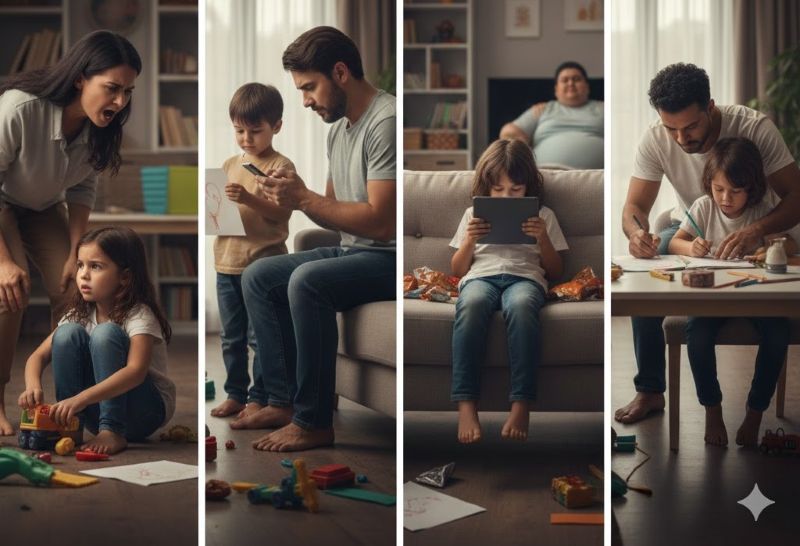
What Every Parent Needs to Know About Technology and Kids
June 7, 2025
How to Instil a Love of Reading in Your Child
June 8, 2025Divorce Isn’t the End—It’s a New Beginning for Your Family
Divorce is hard. There’s no sugarcoating the emotional weight it brings, not just for parents, but especially for children. Whether it was expected or sudden, divorce reshapes a child’s world. But here’s the truth: Kids can thrive after divorce—with the right support.
How you parent after the split plays a key role in how your child heals, adapts, and grows. With empathy, consistency, and open communication, you can guide them through the storm and into a healthy new chapter.
Acknowledge Their Feelings Without Judgment
Kids often feel confused, angry, sad, or even responsible when their parents separate. Instead of trying to fix their emotions quickly, give them space to process what they’re feeling.
What helps:
Say things like “It’s okay to feel upset,” or “You can talk to me anytime.” Avoid dismissing their pain with phrases like “You’ll be fine” or “Don’t worry.”
Your goal: Create an emotional safe zone where their feelings are seen, heard, and respected.
Keep Communication Open and Age-Appropriate
Honesty is important, but so is protecting your child from adult issues. Kids don’t need the details of legal battles or emotional conflicts—they need clarity, security, and reassurance.
What to say:
-
“We both love you very much.”
-
“You didn’t cause this.”
-
“Things are changing, but we’ll get through it together.”
Let them ask questions. Be patient, and answer with simple, age-appropriate language.
Stay Consistent Between Households
One of the biggest stressors for children after divorce is uncertainty. Consistency—whether it’s about routines, rules, or expectations—helps them feel grounded.
Pro tip:
Coordinate with your co-parent to align on key routines (like bedtimes, homework, or screen limits). Even if everything else is different, that sense of predictability becomes a source of comfort.
Never Use Your Child as a Messenger
It might be tempting to ask your child to “tell your mom…” or “remind your dad…”—but don’t. Putting kids in the middle of adult communication adds emotional weight they shouldn’t carry.
Instead:
Use texts, emails, or co-parenting apps to communicate directly with your ex. Your child deserves to be just that—a child—not a go-between.
Support Their Relationship with the Other Parent
Even if you’re hurting, your child still needs both parents. Speaking negatively about your ex in front of your kids can cause confusion, anxiety, and guilt.
Try this mindset shift:
Supporting their bond with the other parent isn’t about agreeing with your ex—it’s about prioritizing your child’s emotional well-being.
Watch for Signs They Need Extra Support
Sometimes, emotional distress doesn’t look like sadness—it shows up as anger, withdrawal, sleep problems, or declining school performance. If you notice lasting changes in behavior, it might be time to bring in a professional.
Consider:
-
Child therapists
-
Divorce support groups
-
School counselors
Early support can prevent long-term emotional struggles.
Take Care of Yourself, Too
You can’t pour from an empty cup. Prioritizing your own mental and emotional health isn’t selfish—it’s necessary. When you’re emotionally grounded, you can be more present, calm, and supportive for your child.
What helps:
-
Talk to a therapist or trusted friend
-
Practice self-care routines (even short ones)
-
Give yourself permission to grieve, grow, and heal
Final Thoughts: Love and Stability Matter Most
Divorce changes family dynamics, but it doesn’t have to break them. What your child needs most isn’t a “perfect” situation—it’s love, reassurance, and a sense of stability. Show up consistently, listen with empathy, and remind them they’re deeply valued, no matter how life changes. That’s how healing happens—and how resilience is built.




